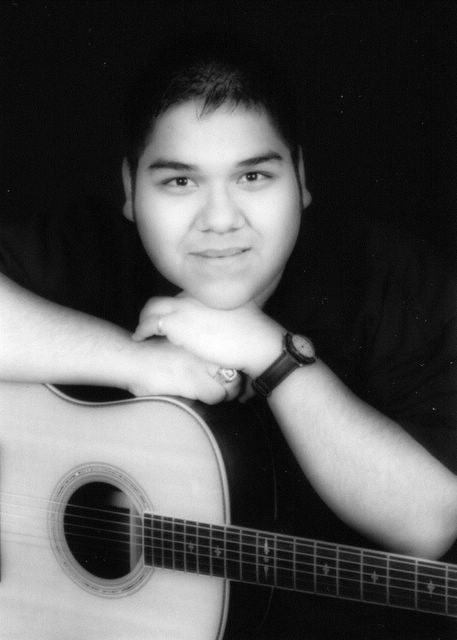 Today in class we had an interesting discussion on the nature of happiness. What does it take to be happy?, etc. Aristotle write in The Rhetoric that possessions are necessary for one to be happy.
Today in class we had an interesting discussion on the nature of happiness. What does it take to be happy?, etc. Aristotle write in The Rhetoric that possessions are necessary for one to be happy.Lively debate ensured as to whether one is happier or not if he or she has more stuff... until I interjected that happiness is not something that is quantifiable and to assume someone with less stuff than you is any less happier is arrogant and obtuse - not to mention self-absorbed.
But then this girl who was sitting next to me began to go off on who people on welfare, although they don't have stuff, because they are given everything and then they don't have to work for it... instead they can just 'get drunk.'
I typed what she said in class:
How about people on welfare? They don’t want to be self-sufficient. They just want to you to feed and clothe them, and then they can just get drunk. If they didn’t have to work, they’re happy. If they could make money by sleeping, yes they’d be happier.This really disturbed me. Unfortunately this is a mindset that is very popular in expensive upper-middle class universities. The idea that people on welfare are lazy and don't want to work, is an indoctrination from wealthy homes.
I am not from a wealthy home, but I did have this same mindset when I first came to Baylor. But that changed.
I think that this idea about people on welfare comes from people who genuinely believe that the world is a fair place. Because of circumstances, monetary or otherwise, they have never had the chance to experience first-hand an unfair world. I did. And it changed by view of life.
I stayed in a homeless shelter for a week my sophomore year of college. I fixed meals with the residents, I helped them paint the roof. I played the piano for their worship services. I stayed at the shelter and stayed up late at night playing darts with a guy's whose are was in a cast (and I still lost!). These people were not lazy; they were needy. And in them, I saw how rich and poor I was.
I am not advocating the US government to take on the full responsibility for our society's downtrodden; I am advocating the Church do so.
This world is not fair; and there's nothing we can do about it - except help those who have fallen. Give willingly and openly. The biggest question I get on this, when I'm talking about it is: But what about those who take advantage of us. My answer: so be it. The numbers of those taking advantage of such situations are far less than those who honestly need such services, so if we get burned by a few helping the many - SO BE IT!!!
It scares me to think that I am just a few paychecks away from those conditions myself - and so are you. It by faith we live - faith in a God who gives and takes away.
So we are called to help others; not kick them when they're down. We must remember that we are Christians (literally, Little Christs). And when money gets in the way of Kingdom Work, we have forfeited our honor of the title People of God.

2 comments:
whats that university stanford or harvard...well anyways there is one class a semester offered titled happiness 101, the prof teaches the one class and gets a pretty hefty paycheck i think the class consist of like 400 students...i dont remember i saw it during the christmas break on one of those news channels :-P
Yeah, I worked at a place full of homeless/downtrodden in Melbourne while I lived there, and I have to say that lots of people had crappy circumstances but most of them were there because of their own issues. Like, they spent lots of time doing drugs, smoking, drinking and the like, but never looking for a job, only complaining that they didn't have any money. When it was suggested that a job could help them with that, they said things like "I don't need to f***ing work for a living, people made me this way, they should make it go away."
I think the stereotype exists because the people that we all see - the most vocal - are the ones that bitch and whine and moan about their circumstances but say nothing about it. They had no interest in changing, in finding a way to better take care of themselves, but rather to get as much out of those around them as possible. There are heaps of them, unfortunately, and I'd reckon that their number is growing faster than the number of people who actually need the help. The people who honestly needed the food were the ones who rarely spoke up for fear that they might get too much and that somebody else might need it. You could always tell the people who needed it apart just by that - the ones who really needed it and were willing to try and work out of the situation were the ones who didn't complain, who didn't want to take too much just in case somebody else like them needed some too; they understood.
Post a Comment